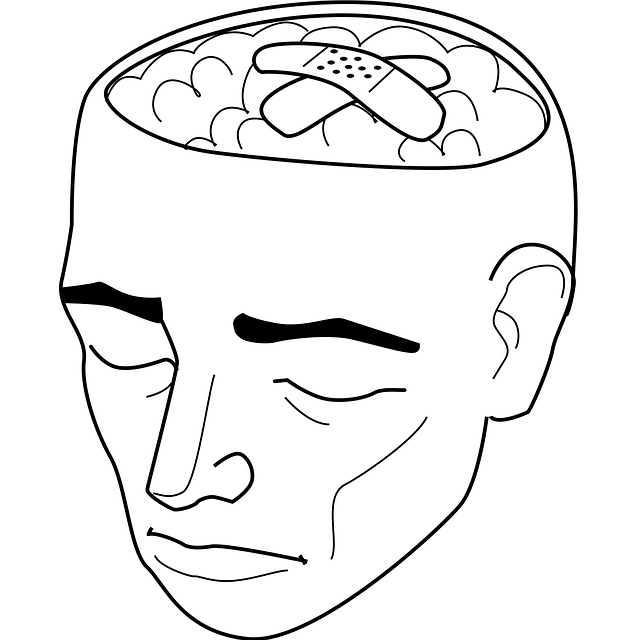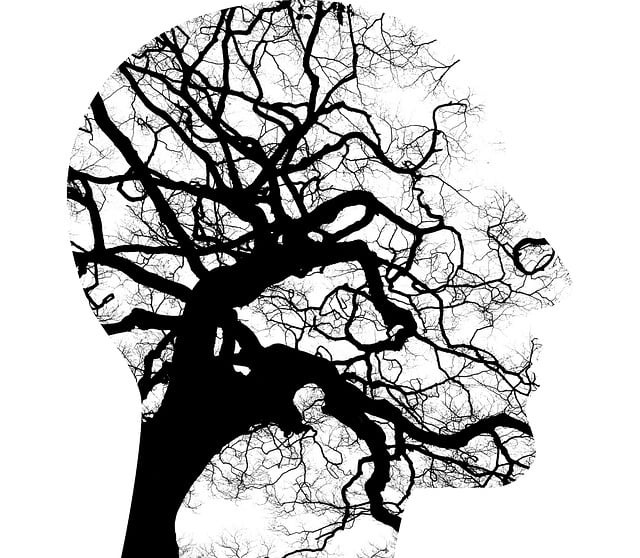Understanding language barriers, cultural differences, and stigma hindering access to mental health services among French-speaking adults is key. Tailored programs offering multilingual therapy, culturally sensitive education, and self-care routines can significantly improve mental health outcomes for this demographic. By empowering participants with practical tools that address their unique needs, these therapy for adults speaking French initiatives foster emotional well-being and build supportive communities. Continuous improvement guided by robust evaluation ensures lasting impact in managing stress, anxiety, and promoting a sense of belonging among French speakers seeking therapy.
Community outreach programs play a vital role in addressing the unique needs of the French-speaking adult population, many of whom face barriers to accessing traditional therapy services. This article delves into three key aspects of effective implementation: understanding cultural nuances and specific challenges faced by this demographic; designing therapy programs with cultural sensitivity and engaging strategies; and evaluating community outreach to build sustainable support networks for French-speaking adults seeking therapy.
- Understanding the French-Speaking Adult Population: Needs and Barriers to Access
- Designing Effective Therapy Programs: Cultural Sensitivity and Engagement Strategies
- Implementing and Evaluating Community Outreach: Building Sustainable Support Networks
Understanding the French-Speaking Adult Population: Needs and Barriers to Access

Understanding the French-speaking adult population is crucial when implementing community outreach programs. This demographic often faces unique challenges in accessing mental health services due to language barriers and cultural differences. Many French-speaking adults may prefer therapy sessions conducted in their native language, requiring specialized professionals who can provide culturally sensitive care. Additionally, they might be hesitant to seek help due to stigma or a lack of awareness about available resources, especially if they are new immigrants or live in areas with limited access to French-speaking healthcare providers.
Community outreach programs should aim to bridge these gaps by offering therapy for adults speaking French, integrating cultural aspects into mental health education, and fostering an environment where self-care routine development is encouraged. By implementing strategies that promote coping skills development tailored to this specific population’s needs, such as language accessibility and community engagement, these programs can significantly improve mental health outcomes and reduce barriers to care.
Designing Effective Therapy Programs: Cultural Sensitivity and Engagement Strategies

When designing therapy programs for adults who speak French, it’s paramount to incorporate cultural sensitivity and engaging strategies. This involves understanding the unique needs and challenges faced by this specific linguistic group, including their cultural values, beliefs, and communication styles. For instance, in a multicultural society, therapists should be prepared to offer services in multiple languages, ensuring clear and accessible communication. This approach not only removes language barriers but also fosters trust and comfort, encouraging participants to openly discuss their issues.
Incorporating crisis intervention guidance and burnout prevention strategies can significantly enhance the effectiveness of these programs. Stress management workshops that teach mindfulness, relaxation techniques, and resilience-building skills are valuable tools. These initiatives can be tailored to meet the specific demands of French-speaking adults, addressing any cultural nuances related to stress expression and coping mechanisms. By integrating such practices, organizations can empower participants with practical tools for managing personal challenges while respecting their cultural identities.
Implementing and Evaluating Community Outreach: Building Sustainable Support Networks

Implementing community outreach programs focused on therapy for adults speaking French is a powerful strategy to build sustainable support networks. By reaching into diverse communities, organizations can offer much-needed services tailored to specific cultural needs, fostering a sense of belonging and access to mental health resources. These initiatives not only enhance stress management and anxiety relief but also promote emotional well-being promotion techniques that are culturally sensitive and inclusive.
Effective evaluation is key to ensuring these programs make a lasting impact. Organizations should employ robust methods to gauge success, such as participant feedback surveys, tracking service utilization rates, and measuring improvements in mental health indicators within the community. This data-driven approach allows for continuous improvement and ensures the outreach efforts are addressing the unique challenges faced by French-speaking adults in accessing therapy services.
Community outreach programs focused on providing therapy for adults speaking French can significantly address unique needs and barriers within this population. By understanding cultural nuances and employing engaging strategies, these initiatives effectively connect with French-speaking adults. Implementation and evaluation should emphasize building sustainable support networks, ensuring long-term success in expanding access to essential therapy services tailored to their specific requirements.








